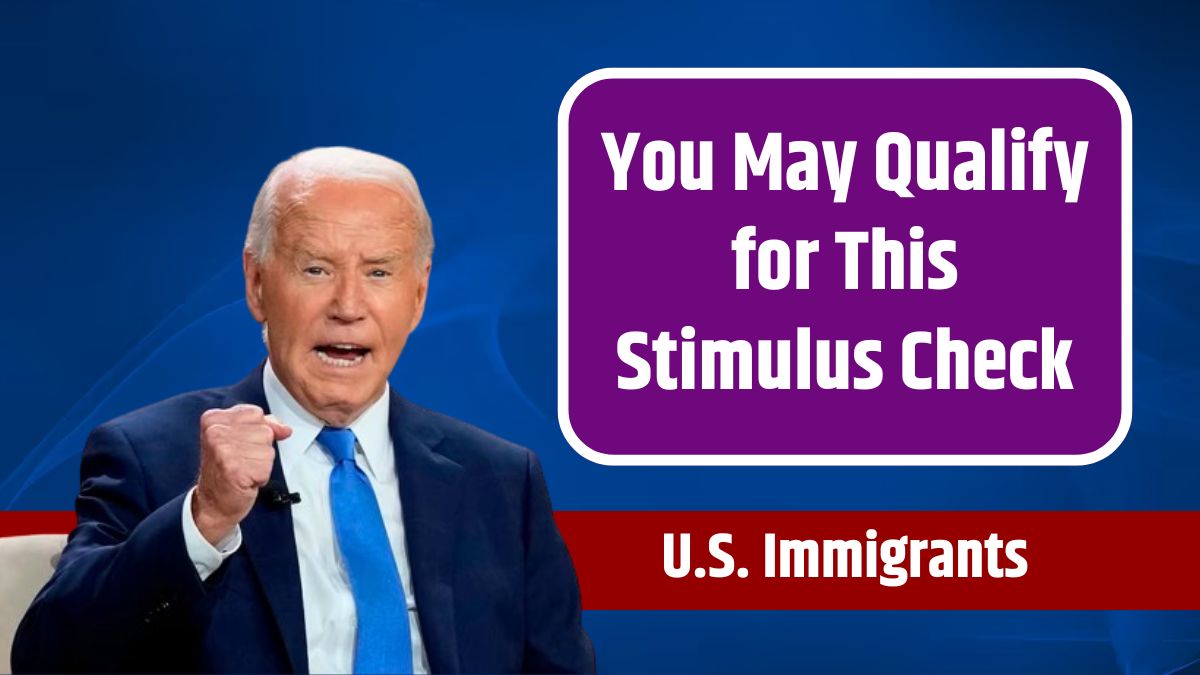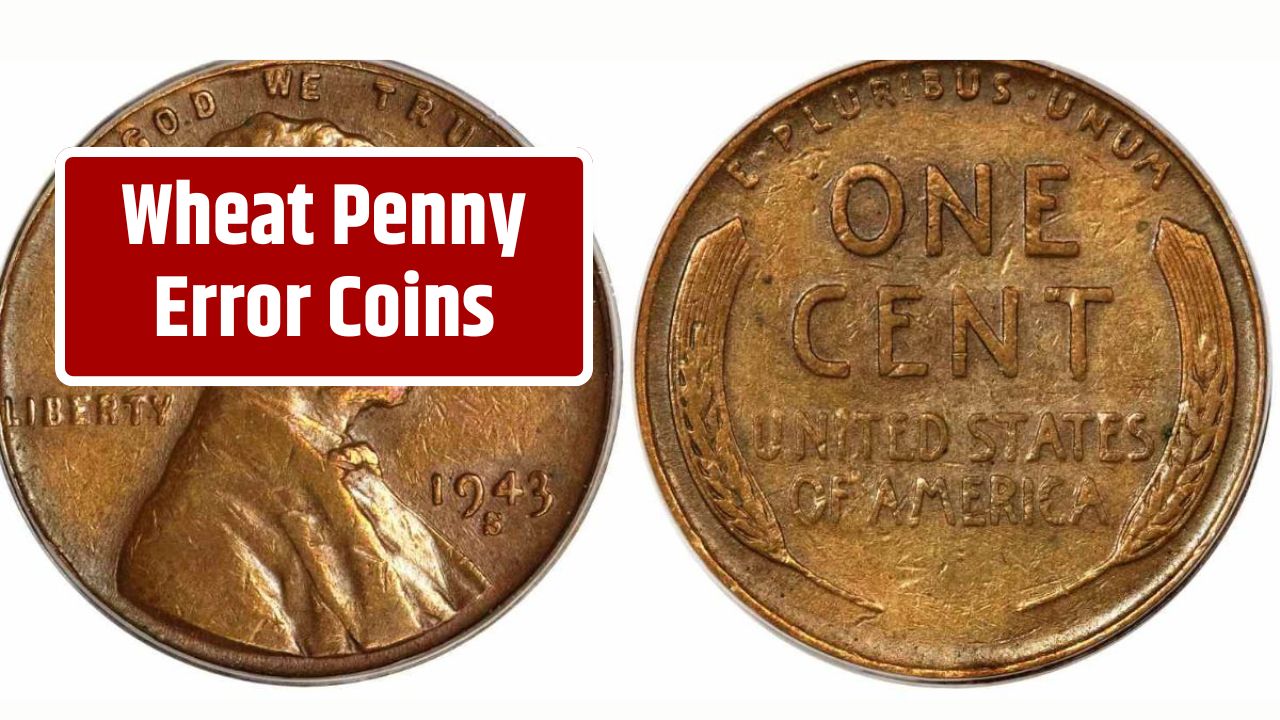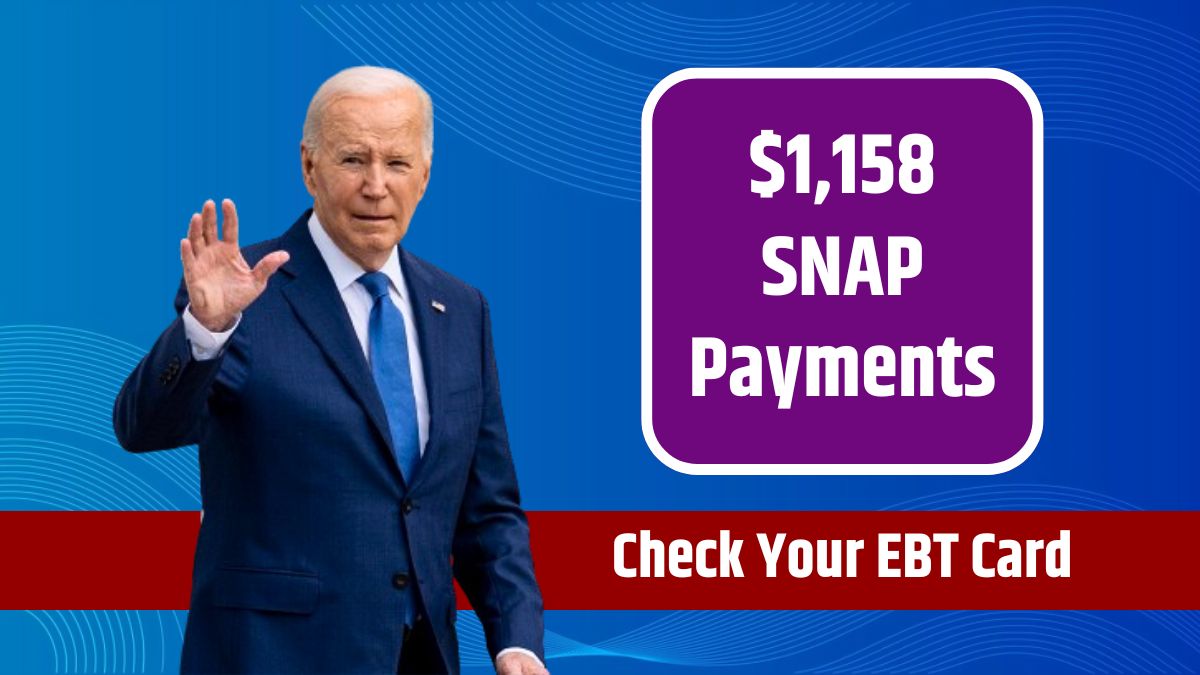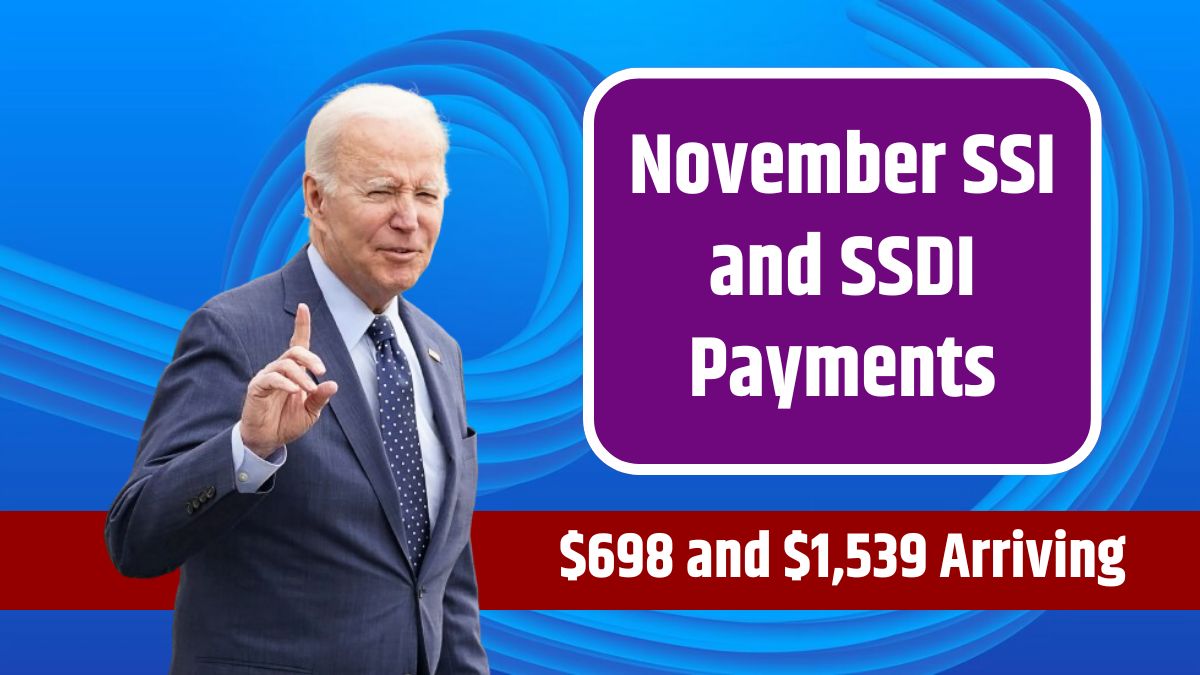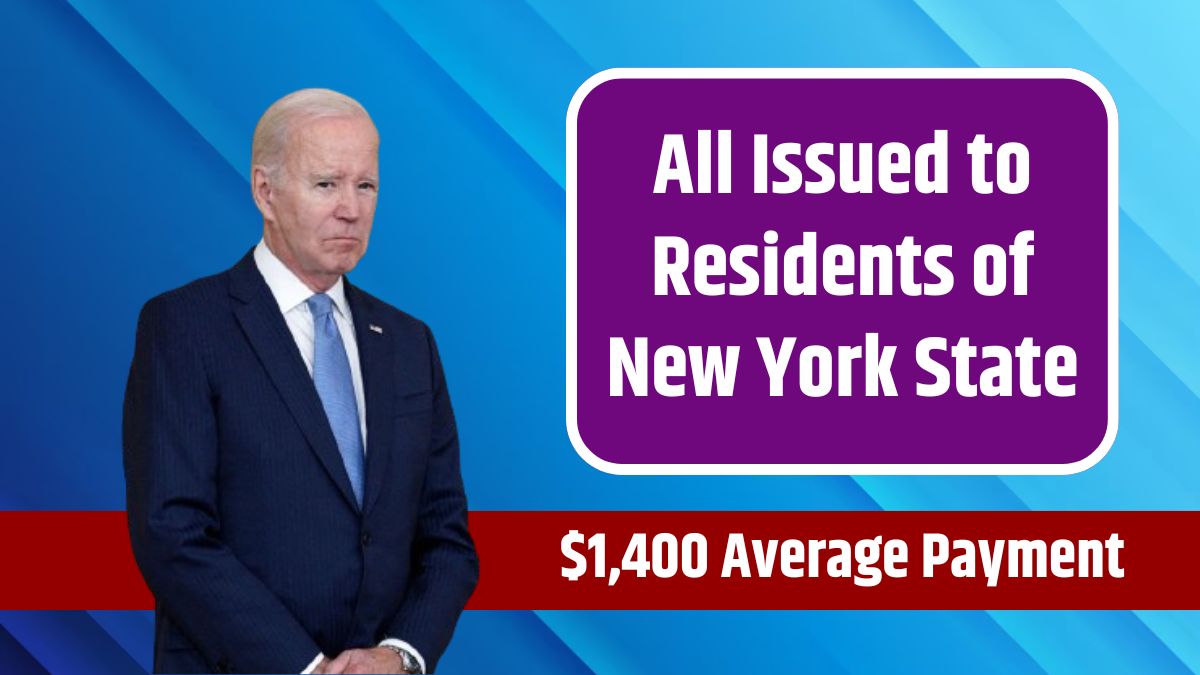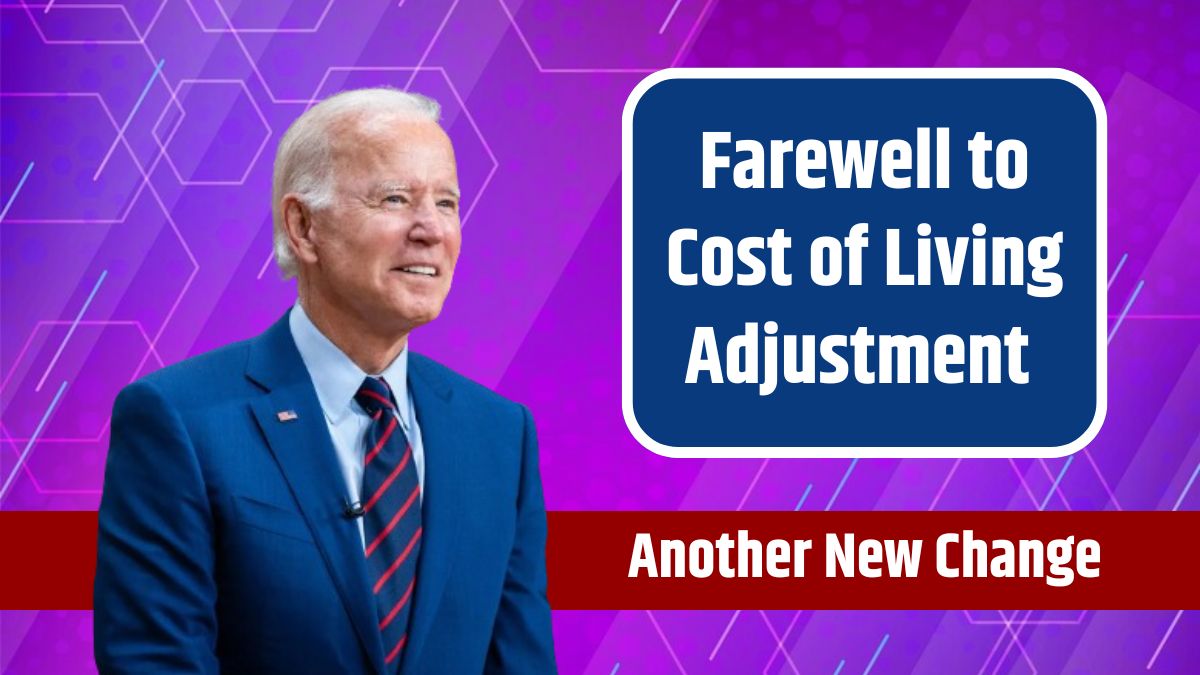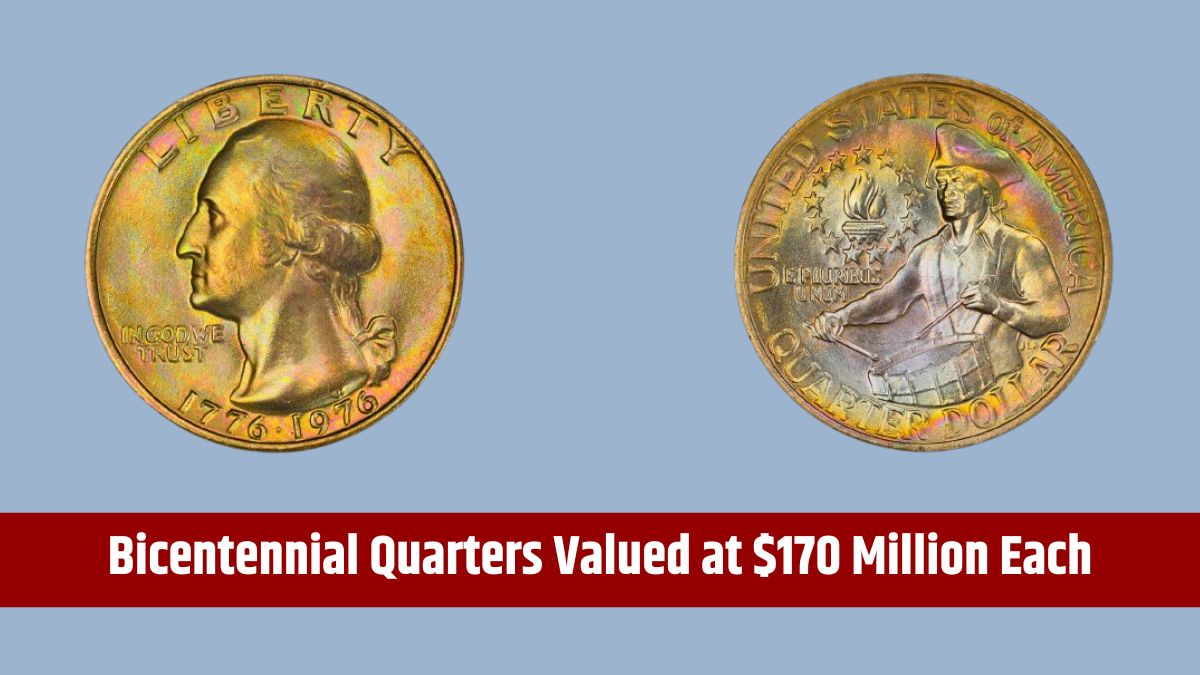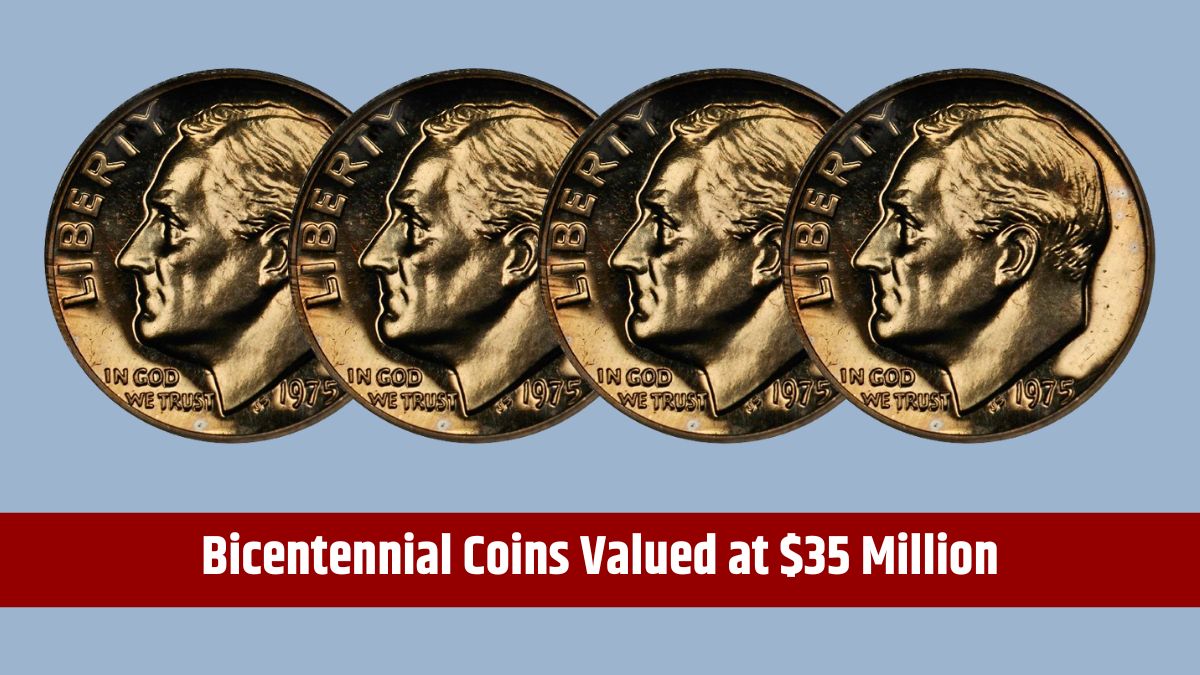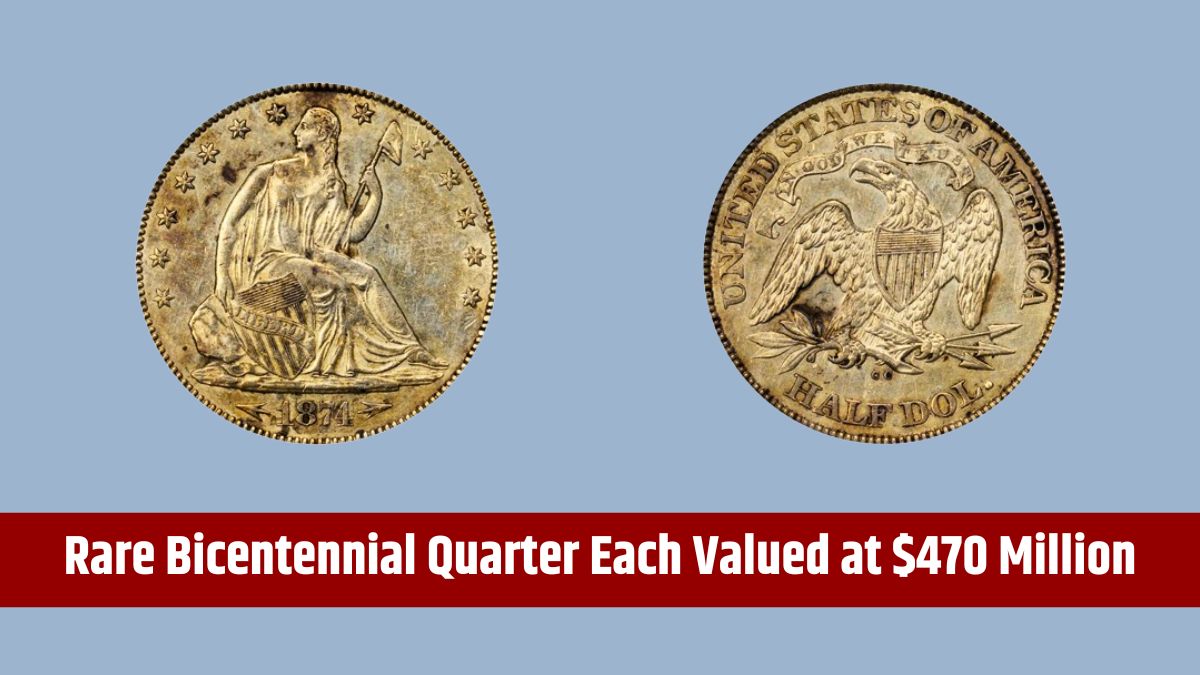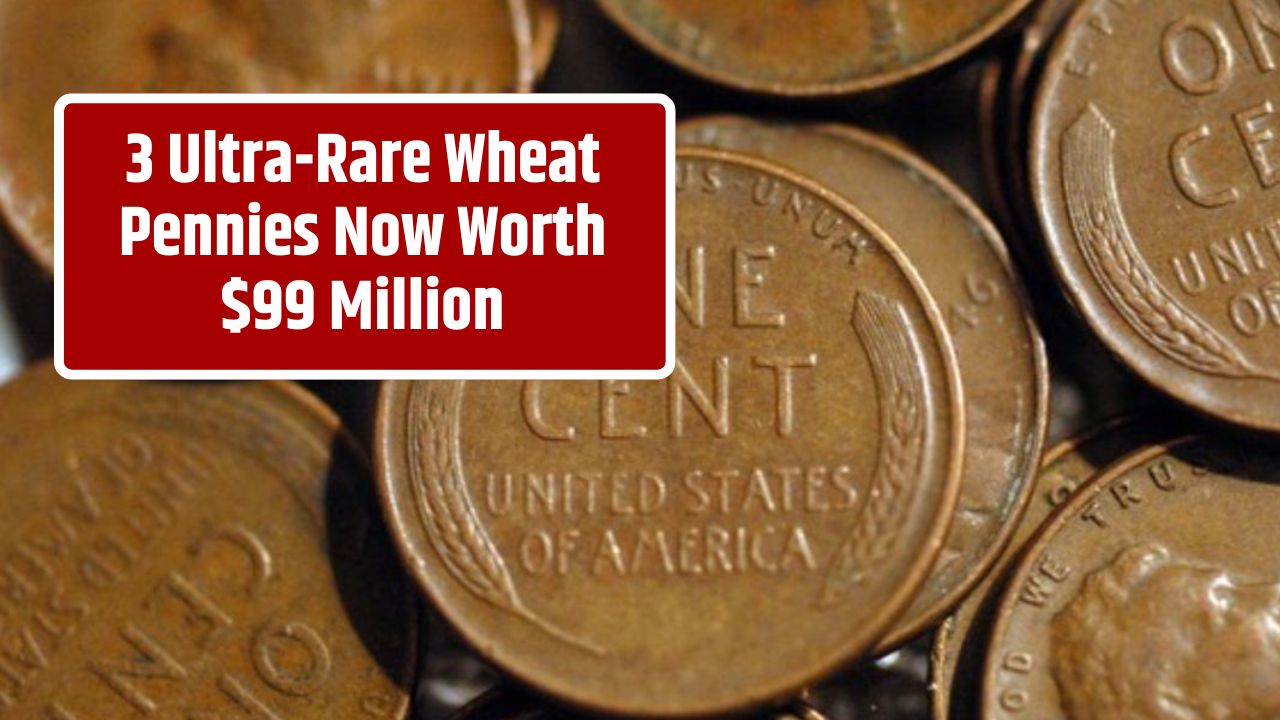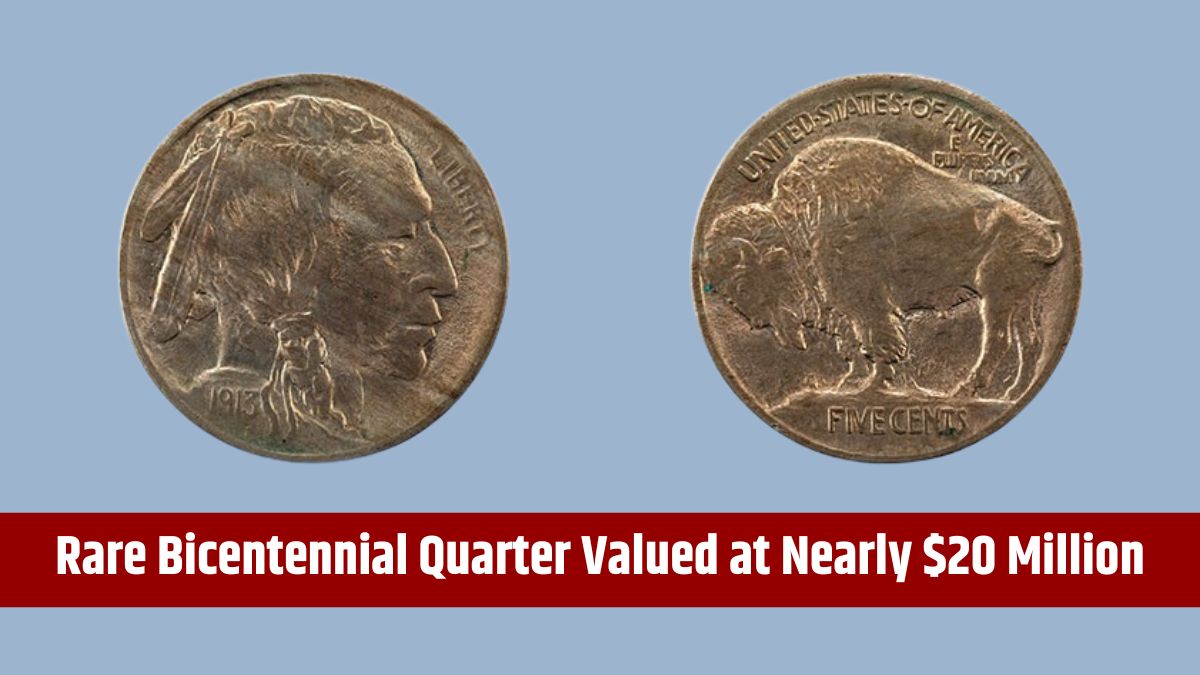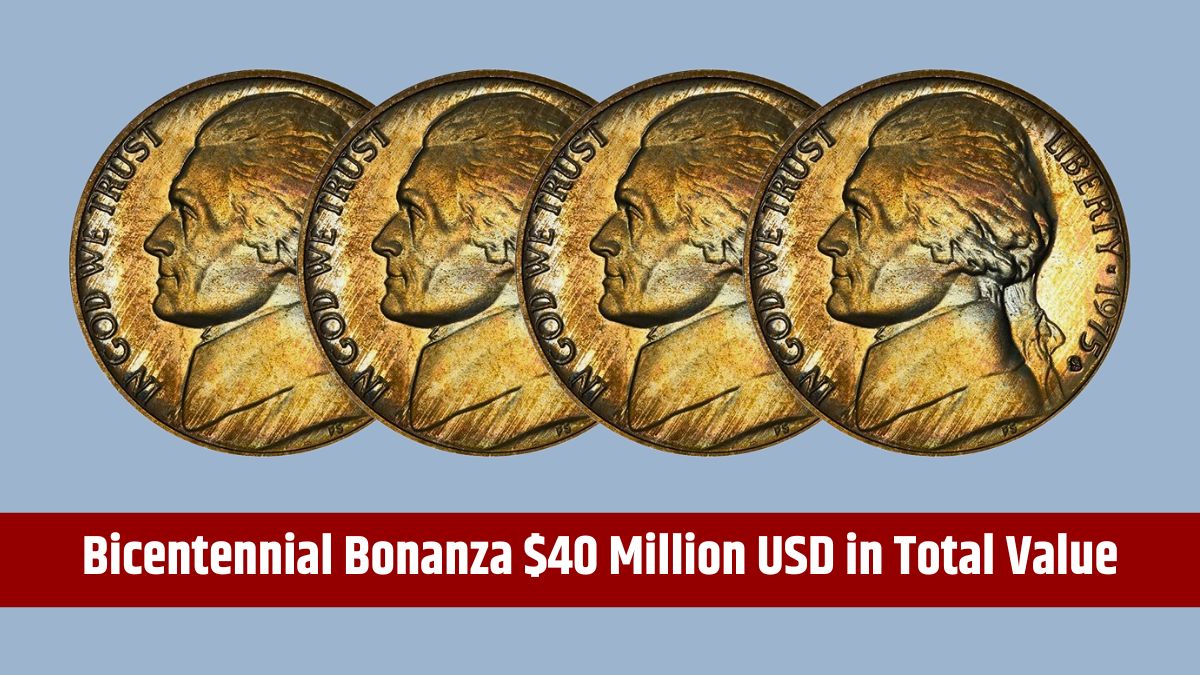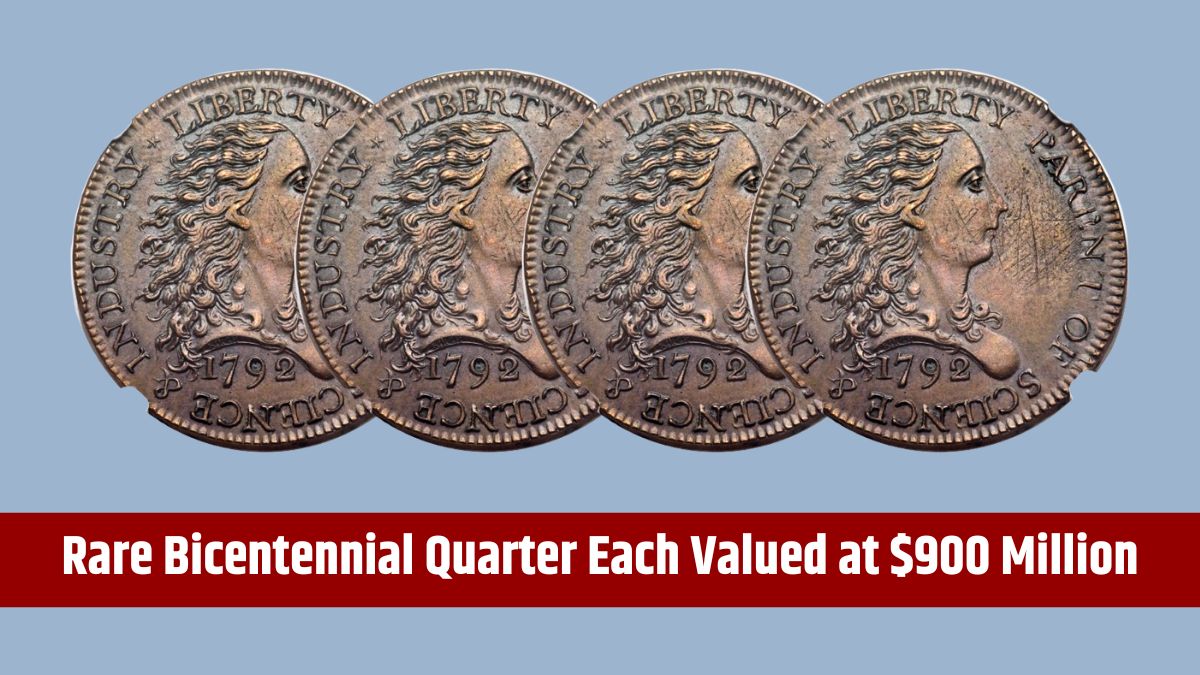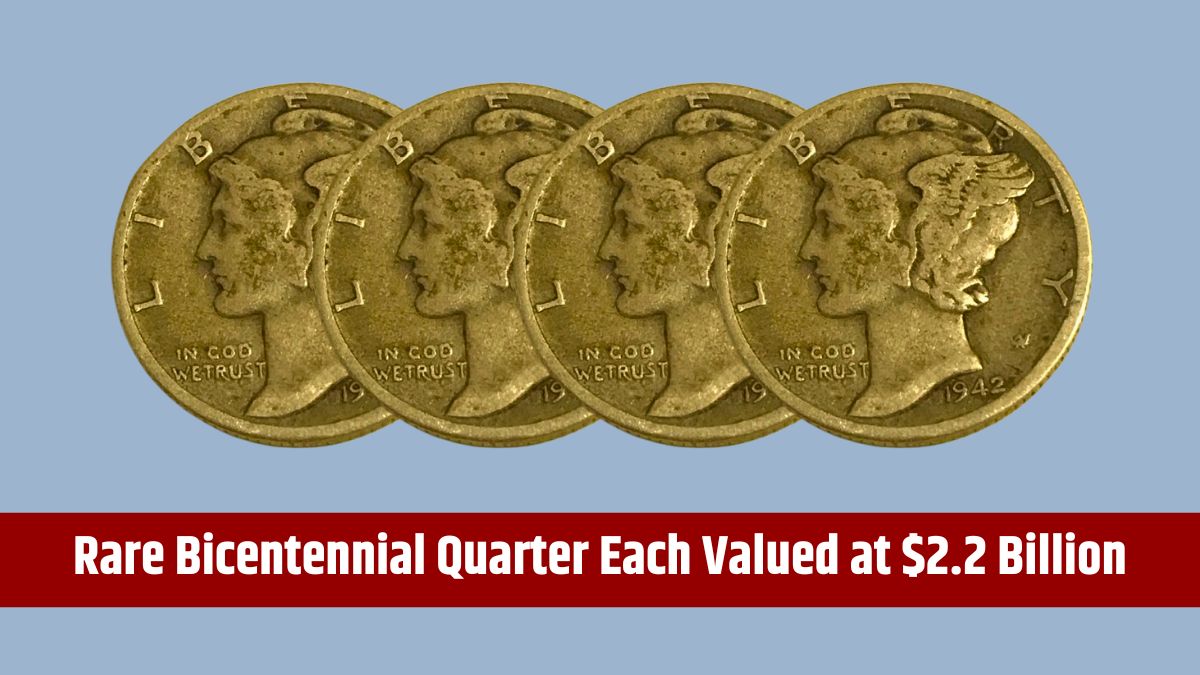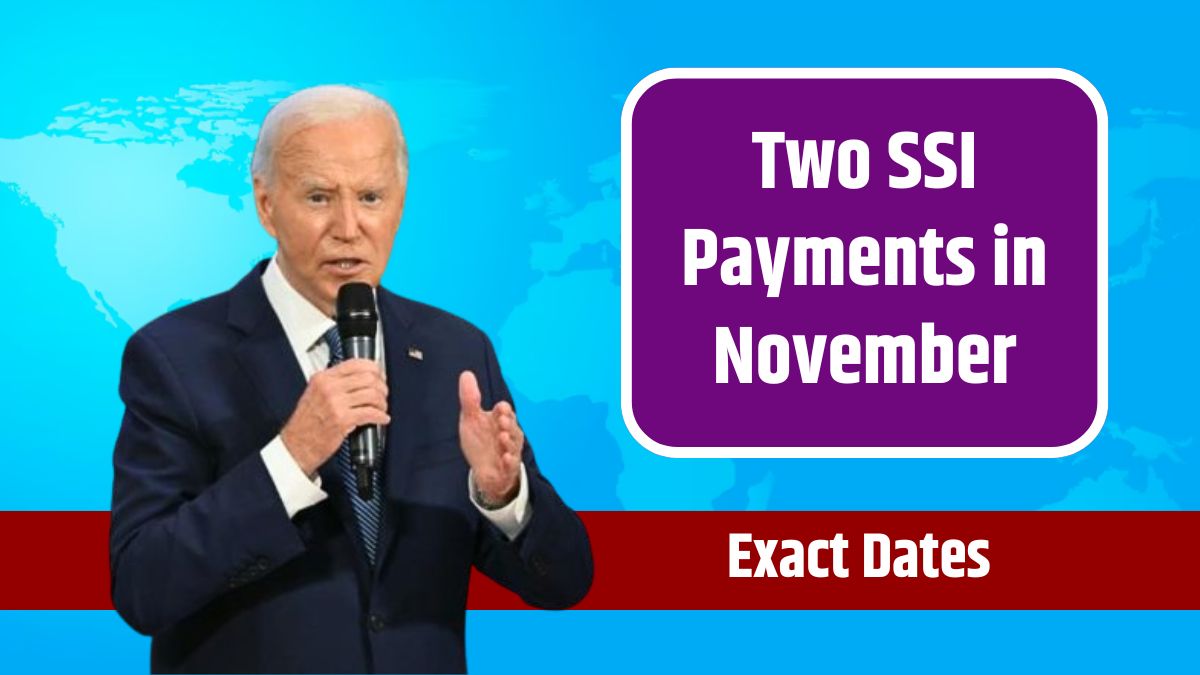Nearly a quarter of the U.S. population comprises immigrants, many of whom may be wondering if they qualify to receive stimulus checks. These payments have been designed to encourage economic activity during financially challenging times, providing essential relief to families struggling with daily expenses. For immigrant families, these checks can provide a valuable safety net, especially during difficult times like the COVID-19 pandemic.
Stimulus Checks
During the COVID-19 pandemic, the U.S. government authorized three rounds of stimulus checks. These payments aimed to help families cover living expenses amid widespread income loss and financial hardship. Nearly 10 million people lost jobs, and countless families faced the devastating loss of income due to the pandemic. Stimulus checks became critical for millions to make ends meet.
The first stimulus round provided $1,200 per adult and an additional $500 for dependents, followed by a second round with $600 per person. The third and final COVID-19 relief payment offered $1,400 per eligible person. Notably, families who didn’t receive the third round or only received partial payments may still be eligible to claim these funds.
Immigrant Status
The eligibility criteria for the third COVID-19 stimulus payment—if you missed out initially—are as follows:
- Income Limits: Individuals earning up to $80,000 or married couples with combined incomes below $160,000 qualify for the payments.
- Social Security Requirement: A valid Social Security number and authorized residency status are required to file for and claim the payment.
- Filing Deadline: File by April 18, 2025, by submitting 2020 and 2021 tax returns to claim the Recovery Rebate Credit.
Many immigrants may still qualify for the $1,400 Recovery Rebate Credit. Immigrants with resident spouses or dependents holding valid Social Security numbers may claim this credit. Additionally, permanent residents and qualifying resident aliens meet the criteria to receive stimulus payments under the current guidelines.
Financial Challenges
With over 11 million undocumented individuals residing in the U.S., many immigrants face distinct financial challenges. Undocumented immigrants often have limited access to banking services, higher poverty rates, and limited eligibility for government assistance programs. Though stimulus programs are intended to support low-income individuals and families, undocumented immigrants often cannot benefit from these resources due to their legal status.
Undocumented immigrants often work in essential jobs, contributing to the U.S. economy and society. However, without Social Security numbers, they remain ineligible for stimulus payments and other government support programs. Moreover, navigating a pathway to U.S. residency can be daunting, as no straightforward, risk-free channel exists for undocumented individuals to apply for residency without risking deportation.
Most undocumented immigrants fled hardship, poverty, violence, or other extreme circumstances in their home countries, seeking safety and opportunities in the U.S. These individuals often work diligently in essential roles, raising families and contributing to local communities. While undocumented immigrants cannot receive direct financial assistance through programs like stimulus checks, they have the right to access public health services, enroll children in schools, and secure a level of stability for their families without disclosing their immigration status.
Future of Economic Support
Stimulus payments have provided essential support to low- and middle-income families across the U.S. However, undocumented immigrants remain excluded from many of these benefits despite their contributions to the economy. The upcoming November elections are anticipated to bring immigration policy to the forefront of national debates, with advocates calling for pathways to residency, while others argue for stricter border and immigration regulations.
In light of these discussions, the ongoing questions around immigrant eligibility for financial relief programs highlight a growing need for policy solutions. Stimulus payments have become an essential resource, but the unique barriers faced by immigrant families continue to limit access to this critical support.
FAQs
Are immigrants eligible for stimulus checks?
Yes, but only those with Social Security numbers and authorized residency.
What are the income limits for the third stimulus check?
Single filers up to $80,000, married up to $160,000.
Can immigrants apply for past stimulus payments?
Yes, they can apply for the Recovery Rebate Credit.
Do undocumented immigrants qualify for stimulus checks?
No, they are generally not eligible due to lack of Social Security numbers.
When is the deadline to claim the third stimulus check?
File taxes by April 18, 2025, to claim it.

